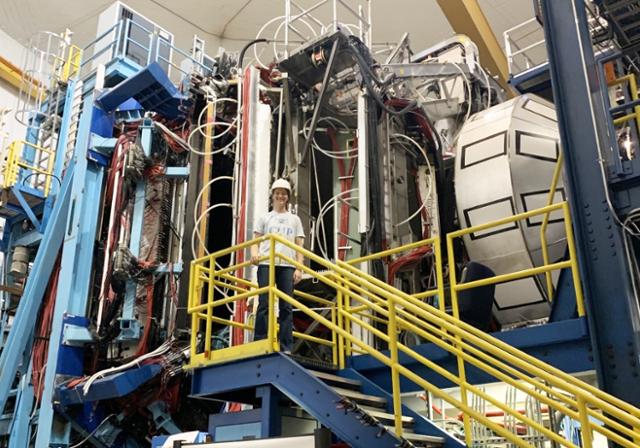Environmental and Energy Engineering
Embark on a transformative educational journey that equips you with the knowledge and skills to address pressing environmental and energy challenges. With a strong emphasis on sustainability and innovation, you'll have the opportunity to engage in hands-on experiences, collaborative research and real-world projects, empowering you to make a meaningful impact on the world's environmental issues.
As a nationally ranked research institution, Duquesne offers a wide range of opportunities in the sciences and engineering. The focused class sizes ensure that you have easier access to faculty and resources, making it easier for you to pursue challenging opportunities that may be harder to find in larger programs.
Early on, you'll have access to project design spaces and labs, allowing you to develop practical skills and produce high-quality work. The dedicated faculty, with decades of experience, are here to offer you support and accessibility to help you make meaningful progress in your academic journey.
At Duquesne, you'll find a perfect balance between diverse opportunities and maintaining a close-knit community. You will join a supportive and passionate community of faculty and students who share your dedication to creating a more sustainable and resilient future. Take your next step toward a greener, cleaner and more promising world.
Program Information
Duquesne's Environmental & Energy Engineering program, you'll acquire the expertise and abilities needed to address contemporary environmental and energy issues. Immerse yourself in practical experiences, collaborative research and real-world projects, all designed to empower you to create a substantial impact on global environmental concerns.
Program Type
Major
Degree
Bachelor's
Duration
4-year
Required Credit Hours
131 credits
I Can Help You Reach Your Bigger Goals!
As your Enrollment Coordinator, I can help you get started on your environmental engineering path. Please contact me if you have questions.
Maddy Gormley

The Environmental and Energy Engineering program emphasizes experiential learning
in science, combining theoretical classroom knowledge with hands-on, real-world applications
through activities such as laboratory work, field studies, internships, and research
projects. You can explore your interests through approximately 14 student organizations, which
are open to science and engineering majors. These options include joining the American
Chemical Society, the Biomedical Engineering Society, the Society of Women Engineers,
and the Multicultural STEM Group, among others, to connect with like-minded peers
and pursue your passions. This is the curriculum for the environmental and energy engineering program, encompassing
131 credits. Engage in hands-on experiences, collaborative research, and real-world
projects, all crafted to equip you with the skills to make a significant contribution
to addressing global environmental and energy challenges.Hear From An Alumna
Featured content

Experiential Learning in Science

Student Organizations
Curriculum



